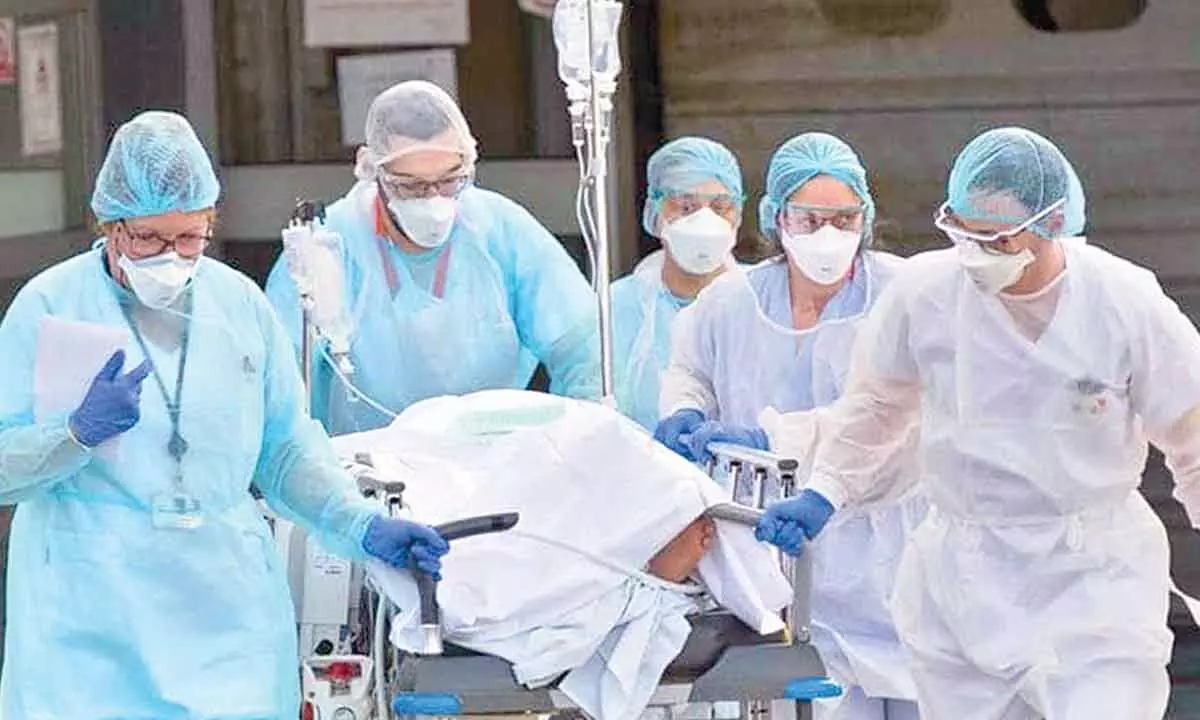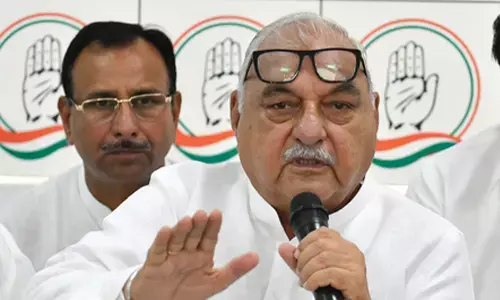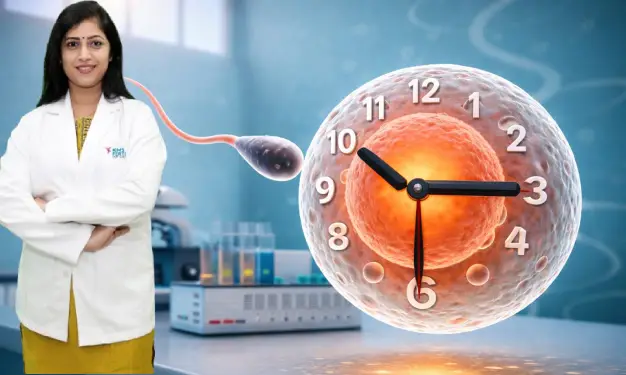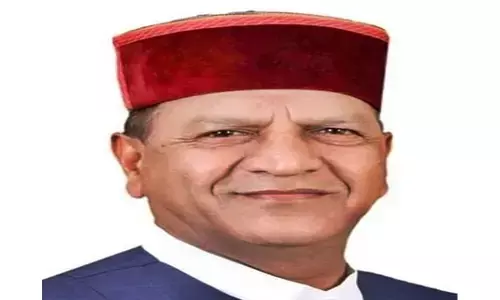Medical profession facing rising challenges

The constitution of Ethics Committees (EC)s, to approve research protocols in human experiments, was first written into international guidelines in the first revision to the Declaration of Helsinki (Helsinki II, 1975).
The constitution of Ethics Committees (EC)s, to approve research protocols in human experiments, was first written into international guidelines in the first revision to the Declaration of Helsinki (Helsinki II, 1975). The requirement for ECs to oversee clinical research was first made in a Indian Council of Medical Research (ICMR) Policy Statement for Ethics, published in 1980.
ECs were also subsequently made a requirement in the International Ethical Guidelines for Biomedical Research involving human subjects, produced by the Council for International Organisations of Medical Sciences (CIOMS), a body set up by the World Health Organisation.
ECs comprise people from different backgrounds, such as physicians, social workers, lawyers, chartered accountants and businessmen, who bring to the table varied experience and knowledge. Their responsibilities include ensuring the protection of the rights, safety, and well-being of human subjects, involved in clinical trials.
They also review and approve protocols, relating to the suitability of the investigators, facilities, methods and adequacy of information to be used for obtaining and documenting, informed consent of the study subjects. In addition, they ensure adequacy of confidentiality safeguards.
I served for sometime as a Member of the EC of the CARE Hospital in Banjara Hills, Hyderabad. Other Members came from a variety of backgrounds. The Chairman was a retired Judge of the High Court of Telangana, with six doctors, two professors, one of political science, and the other of Pharmacology, and a businessman being the other Members.
An interesting experience, for all the Members at that stage in our lives, was being asked, to study some material about the role of ethics in the healthcare systems, and being tested by a team sent from the Central Drug Standards and Control Organisation, to make sure that we had, in fact, studied, and understood, the material!
One of the most fundamental ethical principles in human experimentation is that the experimenter should first ensure that the participants in the experiment to any procedure are willing. Informed consent is the principle that the volunteers in the experiment should fully understand the procedure that is going to take place, be aware of all the risks involved, and only then convey their consent.
Although ECs in India have begun to acquit themselves adequately, there is much that remains to be done. What is now need is a mechanism and protocol to oversee all ECs, to enable improved functioning including on site monitoring, etc.
An interesting development, in recent times, has been the renewed interest being shown, by the central and state governments, in alternative systems of medicine, such as Ayurveda, Siddha, Homeopathy and Unani.
The Ayurveda system, which includes surgical procedures, is referred to in Sushruta Samhita, and is one of the oldest, and most important, surviving ancient treatises on medicine. Sushruta, the author, of the Samhita was the world's first surgeon and is referred to as the 'Father of Surgery'.
From ancient times, tribal settlements, such as the Red Indians in America, were served by traditional and spiritual healers, known as 'medicine men'. They were supposed to have supernatural powers and possess the ability to cure diseases and control spirits.
Likewise, traditional African medicine covers a range of disciplines involving indigenous herbalism as well as spirituality. A very notable feature in Africa is the fact that healers do not accept payment until after the treatment is completed and has been found effective. Traditional healers, and remedies made from indigenous plants, play a crucial role in the treatment of millions of Africans.
Unani medicine is a Perso – Arabic traditional medicine system, as practised in Muslim culture, in South Asia and modern day Central Asia. Though pseudo-scientific, it has a substantial following which swears by its efficacy.
The National Institute of Unani Medicine located in Bangalore, is an autonomous organisation under the Ministry of Ayush, (Ayurved, Unani Siddha and Homeopathy), government of India, and engages in teaching, training and research in the Unani system. The Central Council for Research and Unani medicine, another autonomous organisation under the same Ministry, is conducting an experimental programme in National Programme for Prevention and Control of Cancer, Diabetes, Cardiovascular diseases and Stroke (NPCDCS) being run by the Directorate General of Health Services, government of India.
The Siddha system of healing is a traditional discipline which originated in South India, and is considered to be one of the country's oldest systems of medicine. Many of the tenets of this ancient system continue to be relevant to modern practitioners also. Breathing exercises, such as Pranayama, which have gained great popularity over the past several decades, are also part of the system, which gives great importance to conjunctive use of herbs, plants and minerals.
Another system of alternative medicine, is Homeopathy, conceived originally by German physician Samuel Hahnemann, in the 18th century. It is internationally acclaimed as an effective system with about 300 million people in 70 countries following it, especially in Northern Europe, where life expectancy is one of the highest in the world.
One often finds practising professionals, real or pseudo, such as doctors, lawyers, astrologers, chartered accountants, differing substantially with each other. Another regrettable feature is the manner in which such professionals trash each other to impress the clients, beginning their sessions with a client by completely debunking the advice tendered by an earlier colleague.
Which is probably the reason why the concept of a 'second opinion' has come into being. Ultimately whether a medicine, irrespective of which system has described it, works or not, or whether the advice tendered by the professionals we have just referred to is useful or not, depends on the faith one has in the person.
My colleague, and batchmate, B S Lamba whose service included a stint in the World Health Organization (WHO) does not believe in medical treatment at all! A great believer, indeed, in the dictum that time is a great healer! Also in the tongue in cheek saying, that recovery will take a week with medicine, and seven days without!
The really sincere doctor, for whom the welfare of the patient is the most important consideration, is like the doctor who once told a patient, in response to an anxious enquiry whether the prescribed medicine would work, "I have studied medicine. For the symptoms you have, the books I have read say that this is the correct prescription. Now, whether the medicine will work, or not, I cannot honestly tell you. Let us both pray to God and hope for the best."
Many problems, as observed in last week's part, are created by patients too. Have you for instance, heard of the chap who went to a doctor complaining that he thought he had hypochondria?! It is to such patents that sensible doctors give placebos which work surprisingly well when the sickness is imaginary.
Given the importance of health and medical care, especially in a country such as India, and the astronomical numbers one encounters in the context of the earnings of doctors in India and abroad, one ardently wishes that the associations of medical practitioners at the district, state, national and international levels would join hands with the State and Central governments, and build hospitals where the equipment, the treatment and the credentials of the doctors, would compare with the best in the world, with services being restricted strictly to those below the poverty line.
Morality, according to Oscar Wilde, is the standard by which one judges other people. It is, thus, easy to occupy a ringside seat, away from all the long hours, tense moments and frustrations that a medical practitioner's work involves, and criticise the medical profession freely.
On the other hand, one must also admit that there is more than a modicum of truth in what has been said, earlier in this article, about deviations from the straight and narrow path on the part of doctors. Ultimately it all boils down to the dictum, "physician heal the self!".
There is this story about a physician and a dentist, who had a common receptionist who was very pretty. The dentist was going away on a 10-day vacation. Having heard that 'an apple a day keeps the doctor away', he presented the receptionist with ten apples, so that she would keep the physician away during that period!
(The writer is former Chief Secretary, Government of Andhra Pradesh) (The opinions expressed in this column are that of the writer. The facts and opinions expressed here do not reflect the views of The Hans India)









